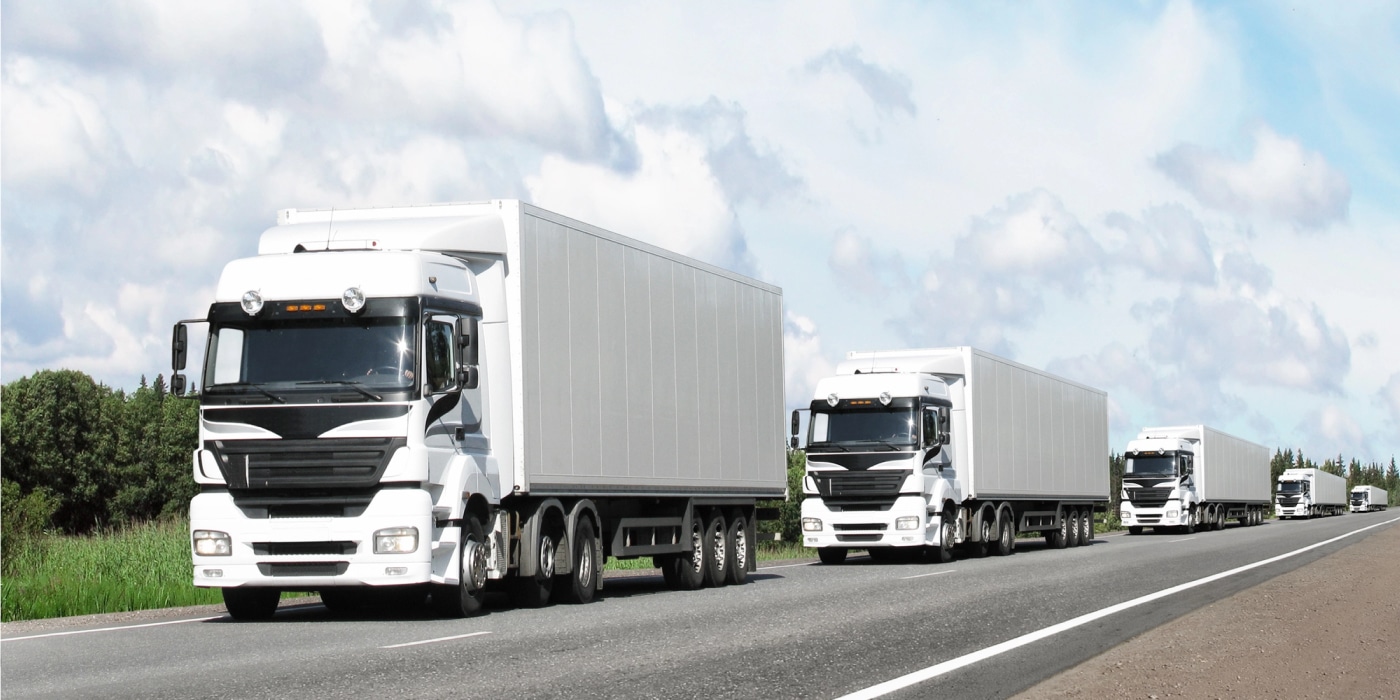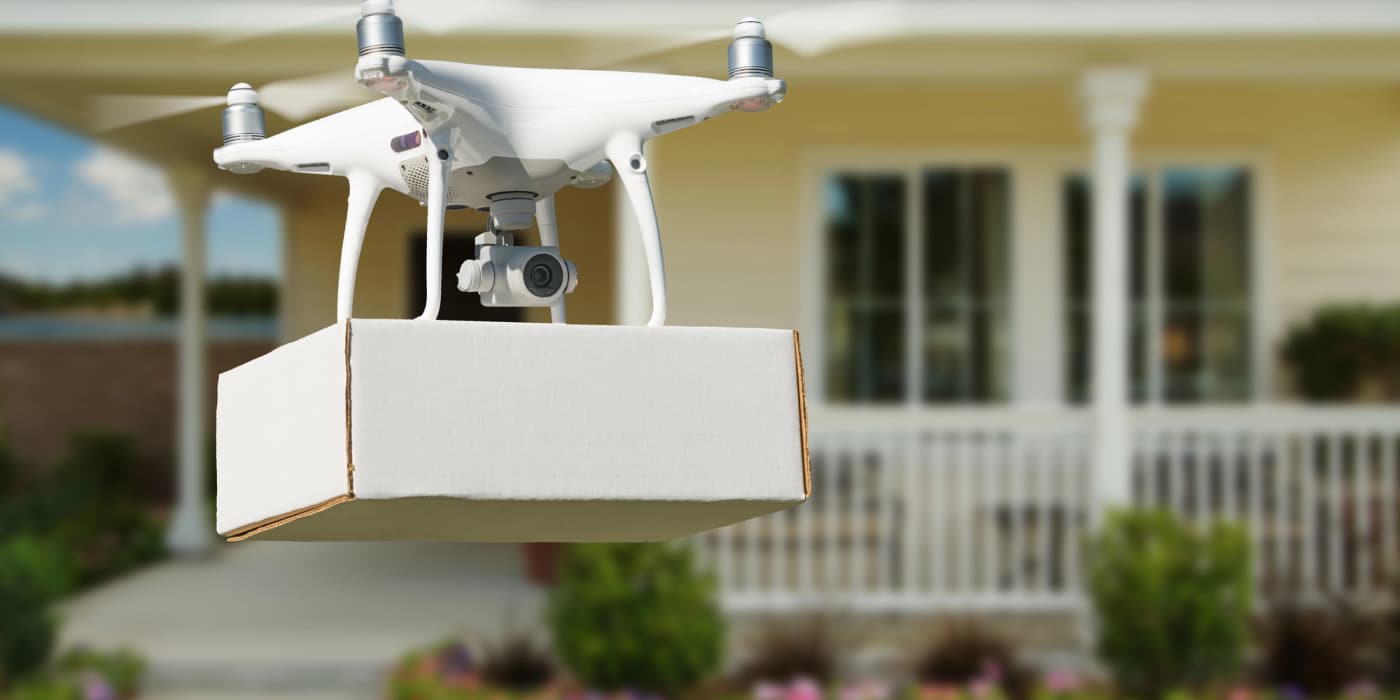Four Trends Shaping the Future of Fleet Management
Fleet management is transforming as technology, sustainability, and operational demands evolve. Fleet managers face exciting opportunities and challenges as they embrace innovative solutions reshaping how fleets are operated, maintained, and optimized. Several trends are reshaping the way fleets operate, from technology integration to sustainability initiatives. Staying ahead of these trends is crucial for businesses to remain competitive and future-proof their fleet operations.
Here’s a look at four fleet management trends to watch and how they’re set to impact the industry.
Private Fleets Continue to Grow
Private fleets now make up nearly half of the truck market and carry 75% of outbound shipments, according to a new survey from the National Private Truck Council. Private fleets have experienced year-over-year gains in multiple areas over the last 10 years including shipments, volume, and value. Private fleets that began from scratch and show no signs of slowing down include Dollar General, Procter and Gamble, and Chick-fil-a.
Managing deliveries in-house provides companies with many benefits including greater control of the supply chain, lower transportation costs, and control over the customer experience. Ninety-seven percent of private fleets operate out of multiple locations, increasing fleet efficiency through reduced fleet mileage. Moving closer to customers reduces the length of hauls, shortens delivery times, and allows more time for drivers to be at home, leading to increased satisfaction for drivers and customers alike.

Electrification of Fleets
The adoption of electric vehicles (EVs) in fleets is accelerating as governments and companies prioritize sustainability and cost savings. EVs offer numerous advantages, such as reduced emissions, lower fuel costs, and less maintenance compared to traditional internal combustion engine vehicles. In the coming years, the move toward electrification will accelerate as lower costs and government incentives make EVs a viable option for fleets of all sizes.
Einride recently announced a partnership with PepsiCo, to operate a fleet of Einride connected electric trucks in Memphis, Tennessee, and use the company’s charging infrastructure and digital freight platform. The goal is to reduce PepsiCo’s Scope 3 emissions, while supporting Frito-Lay food distribution by electrifying some routes in the Memphis region. The fleet is projected to transport over 2,500 loads annually, covering nearly 200,000 miles and reducing approximately 143 metric tons of carbon dioxide equivalent emissions each year.
Internet of Things Integration
Internet of Things (IoT) technology is becoming more sophisticated, offering fleet managers greater control and real-time insights. Through connected sensors and GPS tracking, fleet operators can monitor each vehicle’s status, optimize routes, and improve fuel efficiency. As industries continue to prioritize logistics efficiency and service reliability, IoT-enabled fleet management solutions are becoming essential for optimizing fleet operations, reducing downtime, and ensuring timely deliveries. The global market for IoT Fleet Management is expected to rise to $37.7 billion by 2030, according to a new report by Research and Markets.
The growth in the IoT fleet management market is driven by several factors. Regulatory requirements surrounding fleet management such as the electronic logging device mandate require fleet operators to track drivers’ hours digitally, which has led to widespread IoT implementation. Compliance with emissions standards also encourages the use of IoT to monitor and control fuel consumption and reduce carbon footprints. These regulatory pressures are driving fleet operators to adopt IoT-enabled solutions that facilitate compliance, improve operational efficiency, and meet environmental targets.

Autonomous Fleets Rise to the Occasion
The rise of eCommerce and growing demand for fast and reliable delivery services has increased the demand for efficient last-mile delivery fleets. Fleet managers are using advanced technologies and innovative delivery methods to adapt to the competitive environment. From drones to ground-based robots and autonomous vehicles, businesses are increasingly investing in autonomous delivery solutions to help them execute deliveries quickly and efficiently. The autonomous delivery vehicle market is projected to reach $11.5 billion by 2032, according to a report from Global Market Insights.
Retail and logistics companies are making autonomous vehicles a strategic priority to meet consumer expectations for same-day and next-day deliveries. Amazon is expanding its same-day drone delivery service. The company recently launched its Prime Air drone delivery service in Arizona’s West Valley, bringing same-day deliveries to eligible customers in the Phoenix Metro Area. The new MK30 drones will deliver items under five pounds to nearby homes in less than an hour. This launch marks Amazon’s first fully integrated hybrid facility combining fulfillment, sorting, and delivery from one site.
As the industry continues to evolve, staying informed and proactive will be key to success. By keeping an eye on these trends, businesses can optimize their fleet operations, reduce costs, and meet the evolving demands of the market.
For more information about how our delivery management solution can help you manage your delivery operations more efficiently, please contact info@bringoz.com.
